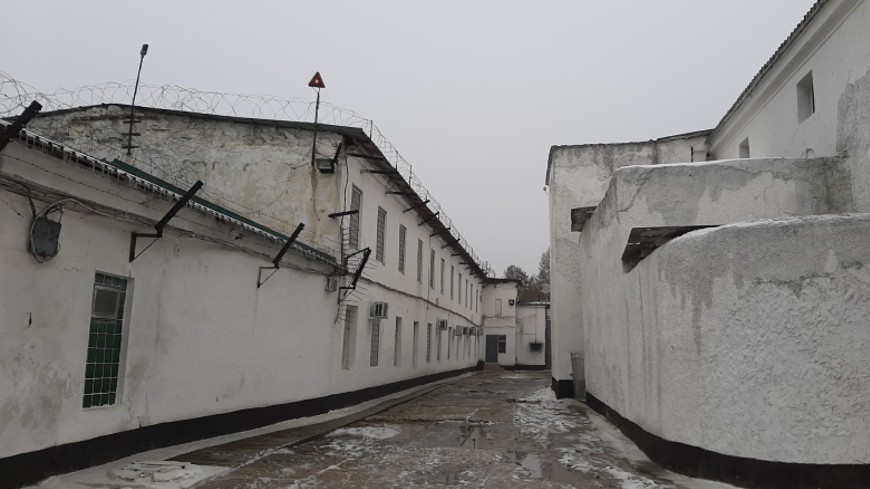The main objective of the visit was to re-examine the treatment and conditions of detention of persons held in prison. To this end, the CPT visited Prison no. 4 in Cricova, Prison no. 13 in Chișinău and Prison no. 18 in Brănești. Particular attention was paid to assessing the progress achieved by the Moldovan authorities in addressing inter-prisoner violence and intimidation.
While the vast majority of persons interviewed by the delegation made no allegations of ill-treatment by staff, the report highlights that the phenomenon of informal prisoner hierarchy and the resulting inter-prisoner violence and intimidation remains largely unaddressed and prisons still generally fail to ensure a safe environment for incarcerated persons. Once again, a high number of persons held in prison described to the delegation the overall atmosphere of intimidation and violence created by the informal prison leaders and their close circles.
The situation of persons considered to be “humiliated” or “untouchable”, that is, those on the lowest “caste” of the informal prisoner hierarchy, remains a matter of serious concern and the CPT considers that it could be considered to constitute a continuing violation of Article 3 of the European Convention on Human Rights.
In the CPT’s view, this unsatisfactory situation in prisons is directly linked to a number of factors, most notably the chronic shortage of custodial staff, reliance on informal prisoner leaders to keep control over the inmate population and the existence of large capacity dormitories. At the same time, there is no proper risk and needs assessment of persons upon their admission to prison, nor a classification of persons to identify in which prison, block or cell they should be placed.
In light of these findings, the Committee once again calls upon the Moldovan authorities to take resolute action, without further delay, to tackle the phenomenon of informal prisoner hierarchy and to prevent inter-prisoner violence and intimidation throughout the prison system.
Material conditions in the establishments visited in general were poor, many cells/dormitories being dilapidated, dirty and poorly equipped. The CPT also observed overcrowding in a number of cells and dormitories at Chișinău and Cricova Prisons. Further, the delegation observed a strikingly uneven distribution of prisoners within the establishments visited, a situation closely linked with the phenomenon of informal prisoner hierarchy; certain privileged prisoners were dwelling in spacious rooms or even small flats consisting of several rooms, with abundant equipment. The CPT recommends, inter alia, that prisoners be fairly distributed in cells/dormitories and be provided at least 4 m² of living space per person, and that all cells/dormitories be kept in adequate state of repair and hygiene and be suitably equipped.
Despite the efforts made at Brănești and Cricova Prisons to offer prisoners work and a few other activities, the fact remained that a significant proportion of them were not engaged in any purposeful activity. The situation was even more problematic for adult remand prisoners at Chișinău Prison who continued to be locked up in their cells for up to 23 hours per day. It is a matter of particular concern that juveniles held on remand in this establishment were subjected to a similarly impoverished regime.
The CPT noted the efforts made by the current staff to provide good quality healthcare to persons held in prison as well as to carry out healthcare screening of newly admitted persons and to record and report injuries detected upon admission or during imprisonment. However, staffing levels of healthcare staff were low and it is particularly worrying that no general practitioner attended Brănești and Cricova Prisons.
The report has been made public under the automatic publication procedure introduced by the Moldovan authorities.



